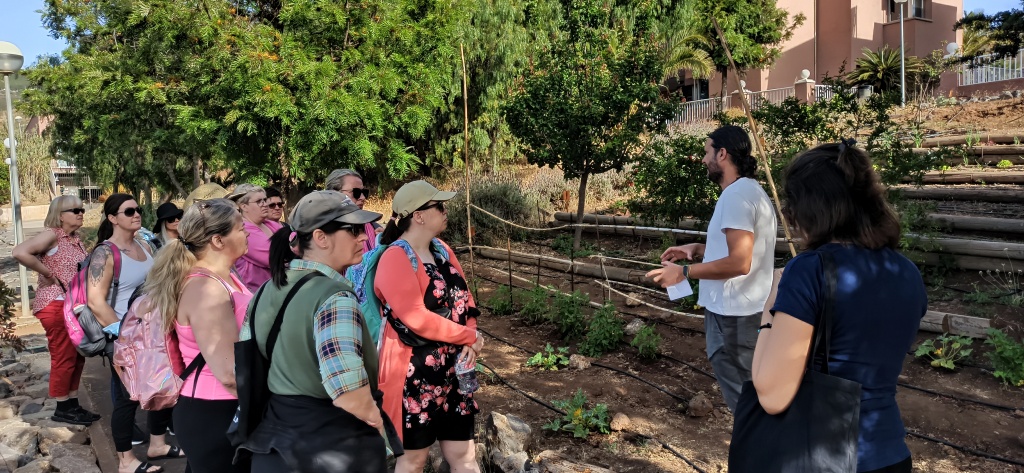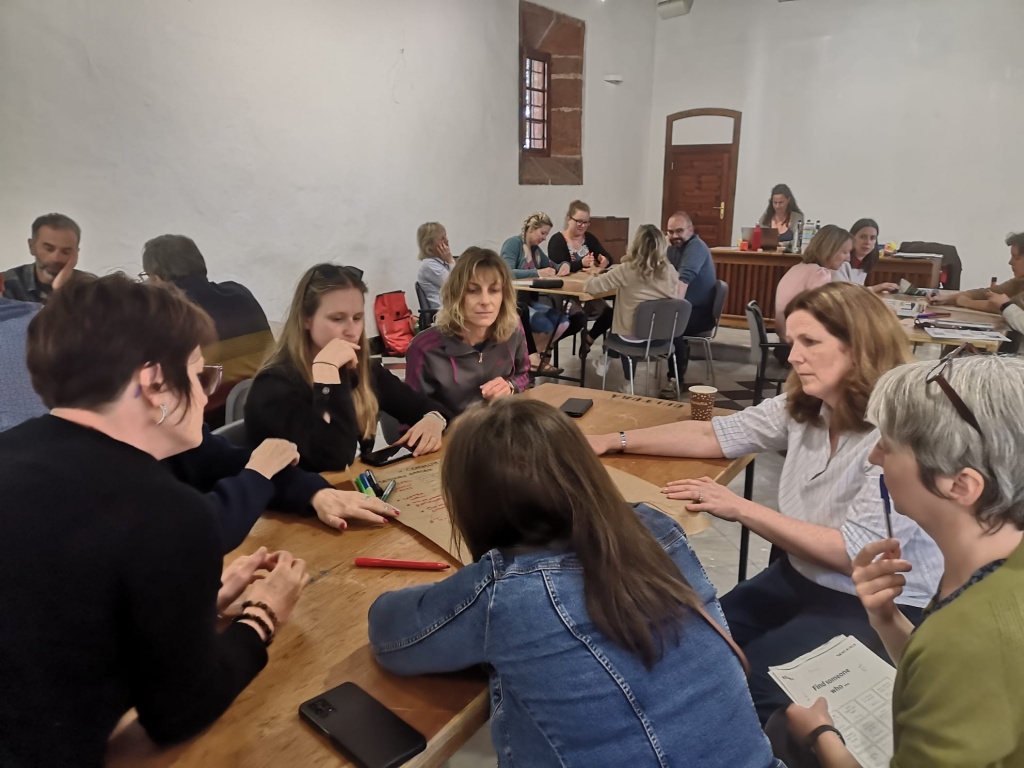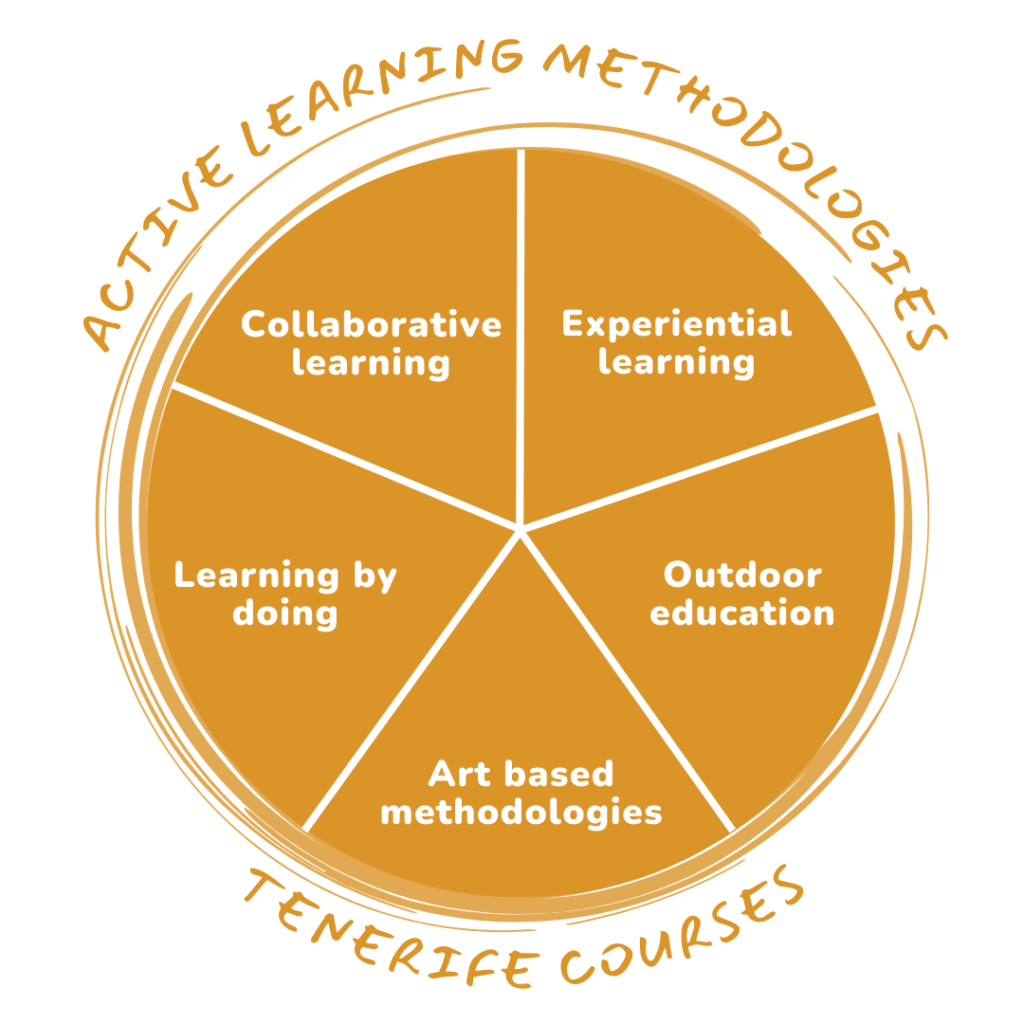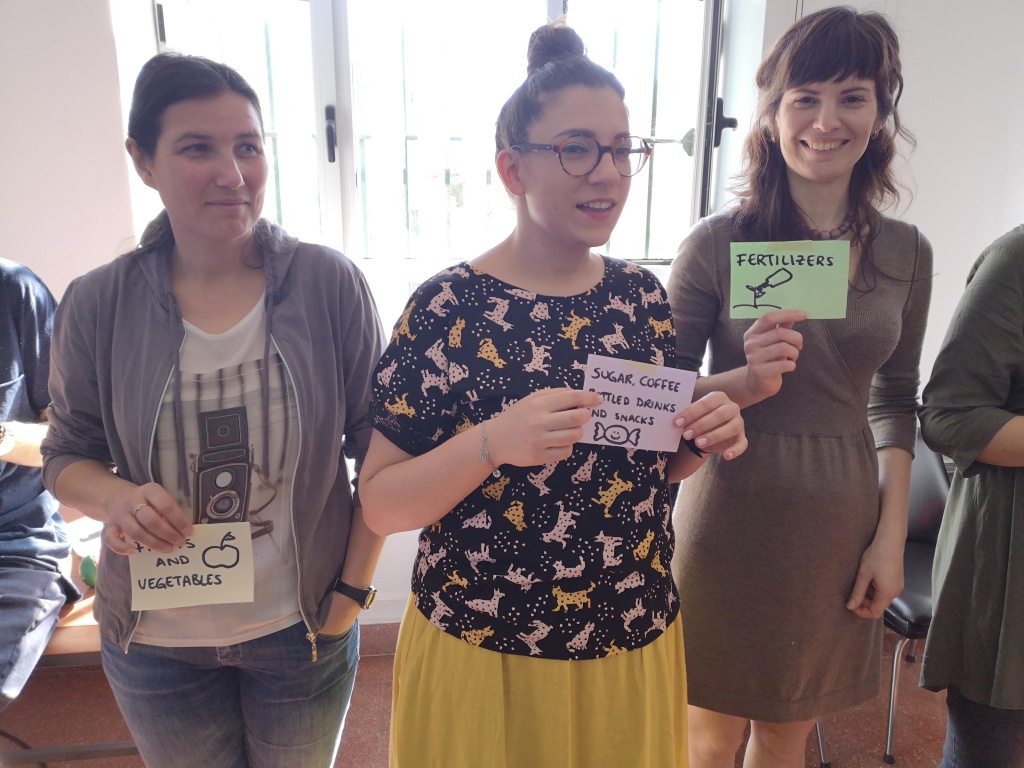Sustainable lifestyles – taking environmental awareness to action
This course teaches about the need of reducing the levels of consumption and the mainstream ways of purchasing and using products, food, energy etc. Sustainable living is a lifestyle that attempts to reduce an individual’s or society’s use of the Earth’s natural resources. Many people are aware of the importance of their consumption choices and care about environmental issues. However, most of them do not translate their concerns into concrete actions when purchasing goods and services.
The participants to this course will reflect on how they can make concrete changes in their own lifestyles and change their consumption habits in order to be better equipped to teach environmental sustainability to their students. Through a hands-on and practical approach, the course will provide concrete examples of green consumption as well as a toolbox with fact-based information, statistics, videos, cases and practical, interactive exercises that teachers can adapt to their context.

Objectives:

Training activities:

Methodology:
Our focus is on showing the participants how the learners’ motivation increases when they become the actors of their own learning because the teacher takes the role of facilitator or learning guide.
Energizers, games and group reflections are foreseen daily in order to ensure a positive energy and a cooperative learning climate in the group.
We tailor our working methods based upon the participants‘ needs and professional profiles in order to ensure easier adaptability and application of the tools to the real life.
We will take care of you:
- Support and Emergency Helpline Whatsupp group with all participants for easy communication and interaction between each other.
- Delicious coffee break from a foundation employing disadvantaged people.
- Useful pdf presentation with the most important information about food, transportation and places to visit in Tenerife.
- Free afternoons to explore beauty of Tenerife.
- Visit to Teide National Park – optional.
- No requirements for accommodation, you can choose whatever you want (in the city where the course takes place).
After course:
- Teaching materials in pdf to use in your classes afterwards.
- Photos for dissemination.
- The certificate of attendance and support with all documents needed.

